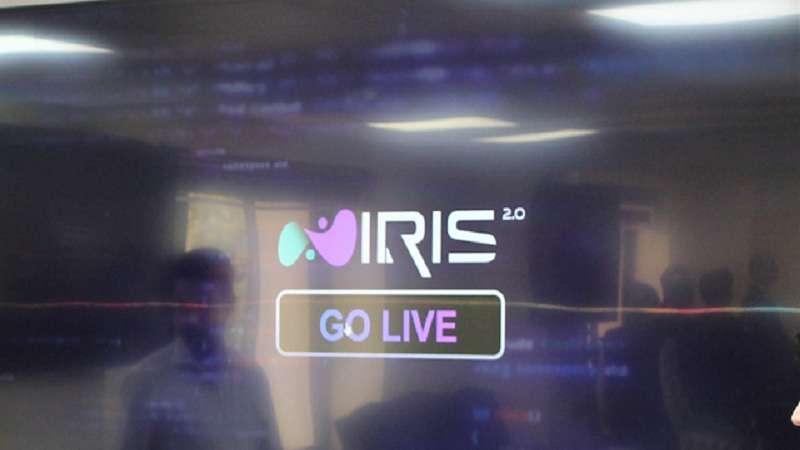Lahore, August 16, 2025 – The Lahore Tax Bar Association (LTBA) has formally urged the Federal Board of Revenue (FBR) to introduce a digital mechanism that would allow taxpayers to complete their biometric verification through a secure mobile application.
In a letter addressed to the FBR chairman, LTBA President Muhammad Asif Rana pointed out that the current requirement of physical biometric verification at National Database Registration Authority (NADRA) offices is causing significant inconvenience. Under SRO 350(I)/2024, issued on March 7, 2025, taxpayers must undergo biometric checks both at the time of sales tax registration and again on an annual basis.
The LTBA noted that while physical verification may be suitable for many residents, it creates hurdles for specific groups of taxpayers. These include individuals temporarily residing abroad, people living in remote or underdeveloped areas, and old-age or physically challenged individuals who face difficulties in visiting NADRA centers. The absence of an alternative process results in delays, disrupts business operations, and discourages potential entrants into the formal tax system.
Key Challenges Identified
• Overseas Pakistanis unable to complete registration due to lack of remote options.
• Delays in activation of sales tax registration, which subsequently stalls filing of returns.
• Difficulties for physically challenged and old-age taxpayers in accessing NADRA facilities.
LTBA’s Proposed Solution
The association has proposed that FBR, in collaboration with NADRA, develop and deploy a mobile application to enable remote biometric verification. Such an app could incorporate facial recognition or fingerprint scanning features available in most smartphones, while ensuring secure integration with FBR and NADRA databases for real-time verification.
The LTBA stressed that this model would not be unprecedented, as several banks and government institutions in Pakistan are already using mobile-based verification systems for customer onboarding.
Expected Benefits
• Easier facilitation for overseas taxpayers and residents of remote areas.
• Improved compliance with faster registration and fewer administrative delays.
• Expansion of the tax base by eliminating unnecessary barriers.
• Alignment with FBR’s ongoing digital transformation and automation initiatives.
The association expressed confidence that adopting a mobile-based biometric solution would modernize taxpayer services, enhance compliance, and ultimately contribute to greater efficiency in tax collection.
